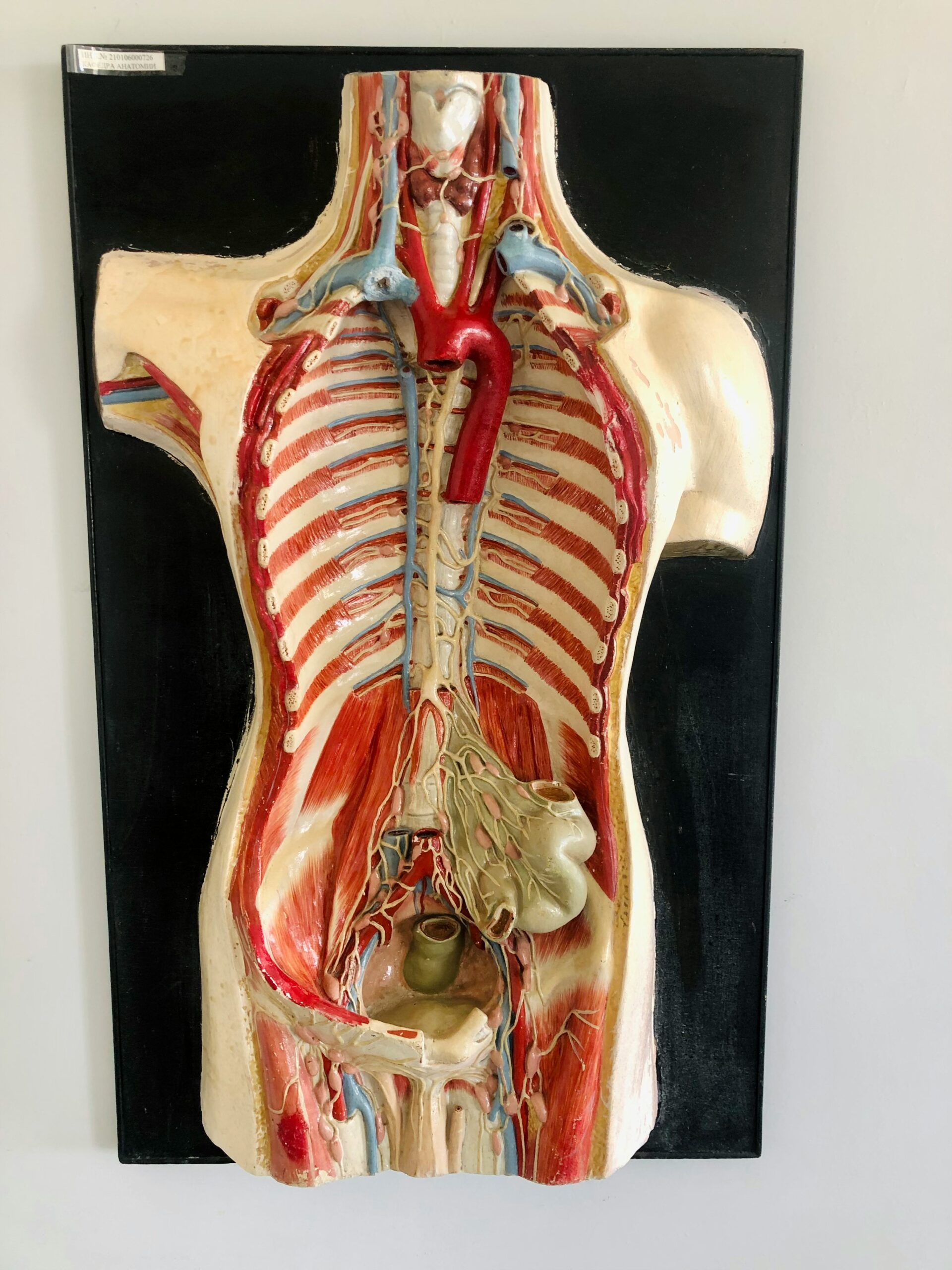Postmenopausal Caregivers May Have Lower Death Risks
Caregivers have lower death risks. Caregiving is associated with a 9% lower risk of death from any cause over an average follow-up of 17.5 years, according to a new study.
Being caregivers are associated with 9% lower risk of death from any cause over an average follow-up of 17.5 years, according to a new study. This finding suggests that being a caregiver not only helps those receiving care but also benefits those providing it.
The study, which focused on nearly 160,000 postmenopausal women, sheds light on the potential health advantages of caregiving.
Michael LaMonte, a research professor in the epidemiology and environmental health department at the University at Buffalo’s School of Public Health and Health Professions, comments on the study’s results.
He states, “The ‘why’ is not known. Some believe that one needs to be of a certain level of health to be able to provide care to another. It’s the so-called healthy worker effect, which, if true, would give caregivers an advantage over non-caregivers, on average, in terms of disease risks.”
However, the researchers could not find clear evidence supporting the “healthy caregiver” phenomenon as the sole explanation for the lower mortality risk observed in caregivers compared to non-caregivers. LaMonte emphasizes the need for further investigation to determine the underlying factors contributing to better health outcomes in caregivers.
Another possible explanation for the lower death risks among caregivers is that caregiving provides a sense of purpose and enhances the individual’s physical and emotional health characteristics. This increased well-being could benefit the person providing care, according to LaMonte.
The findings of this study are particularly significant considering that women aged 65 and older are the fastest-growing subgroup in the US. This demographic shift implies that the burden of caregiving and its impact on health will become increasingly substantial in the years to come.
Data from the American Association of Retired Persons (AARP) and the National Alliance for Caregiving reveal that in 2020, over 53 million Americans over the age of 18 provided unpaid care to an adult. Additionally, women represent more than 60% of caregivers in the US, and more than 35% of current US caregivers are over the age of 65.
The study, led by Prachi Chavan, a former postdoctoral fellow in epidemiology and environmental health, utilized data from the Women’s Health Initiative (WHI). The WHI is a long-term national health study funded by the National Heart, Lung, and Blood Institute. Initially focusing on cardiovascular disease, cancers, and fractures, the study has since expanded to address a broad array of questions on women’s health and aging.
Among the 158,987 participants aged 50 to 79 in the WHI, 31.8% of women died during the follow-up period. The study found that women who reported being a caregiver over two assessments, conducted 10 years apart, had a 9% lower risk of dying from any cause compared to non-caregivers. Caregiving was also associated with lower risks of death from cardiovascular disease or cancer. These associations did not differ based on caregiving frequency or participants’ age, race-ethnicity, depressive symptoms, optimism, or living status.
In conclusion, this study suggests that being a caregiver may be associated with lower death risks among postmenopausal women. While the exact reasons behind this finding are still unclear, the potential benefits of caregiving on physical and emotional health warrant further investigation. As the population of older adults continues to grow, understanding the impact of caregiving on health becomes increasingly important.










